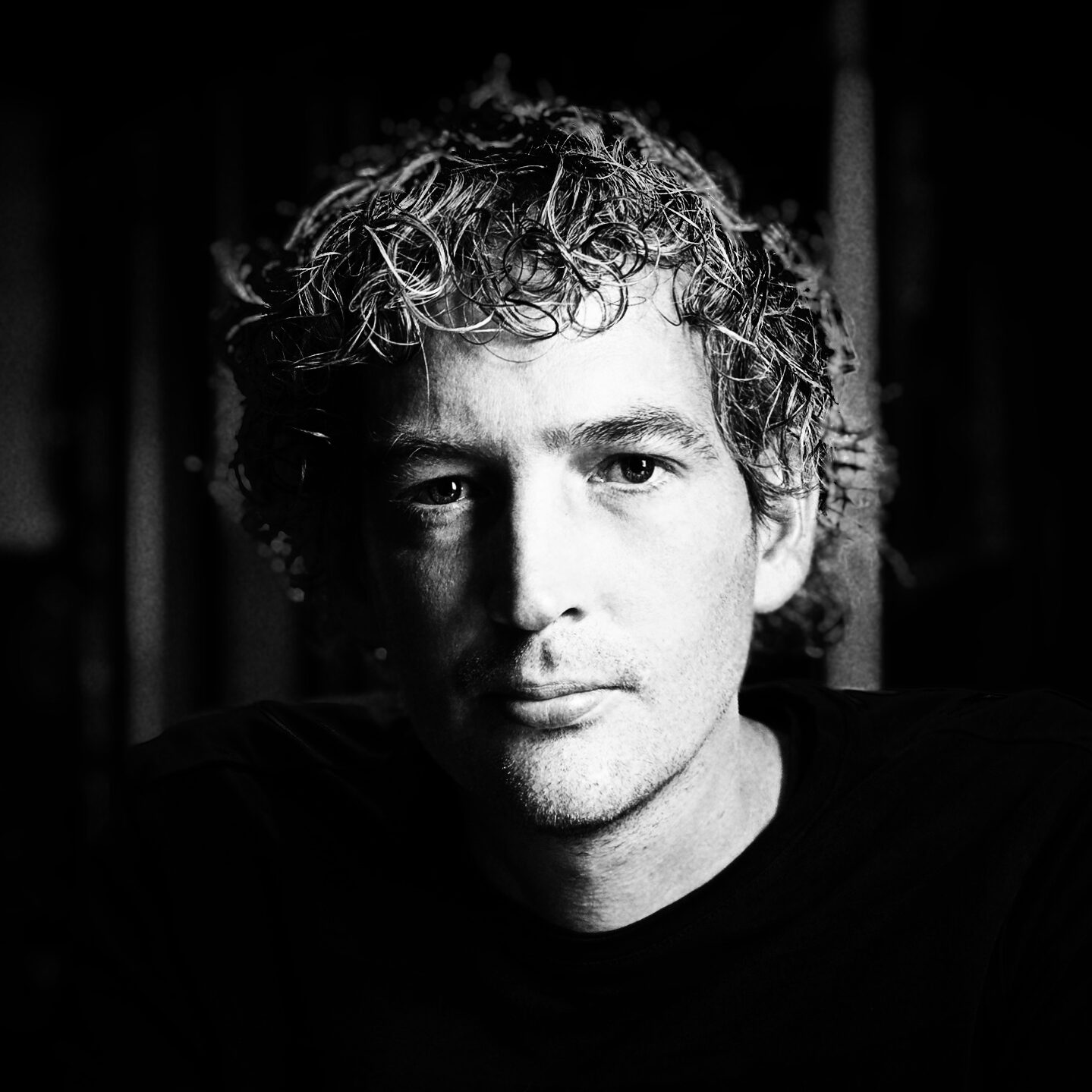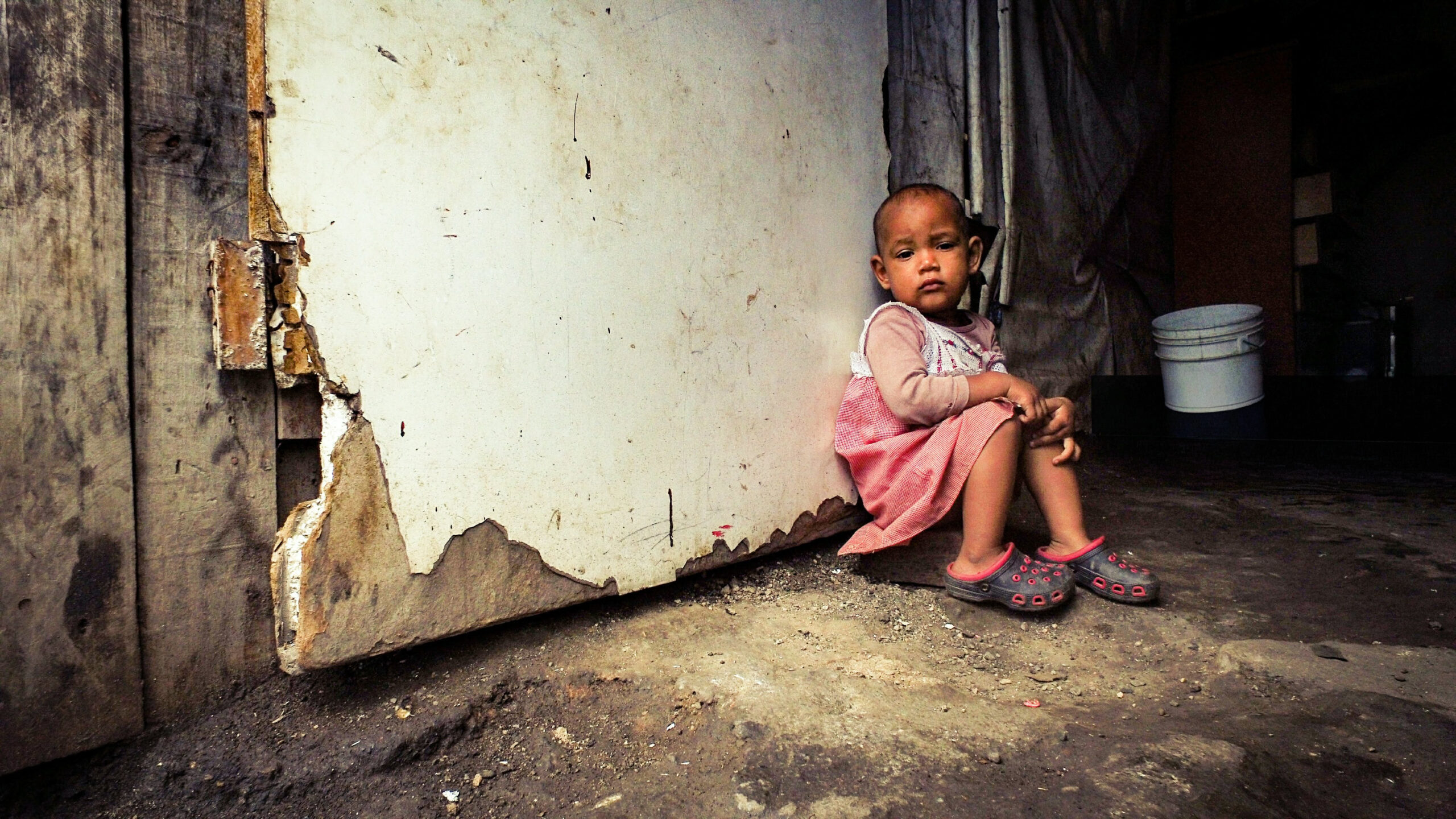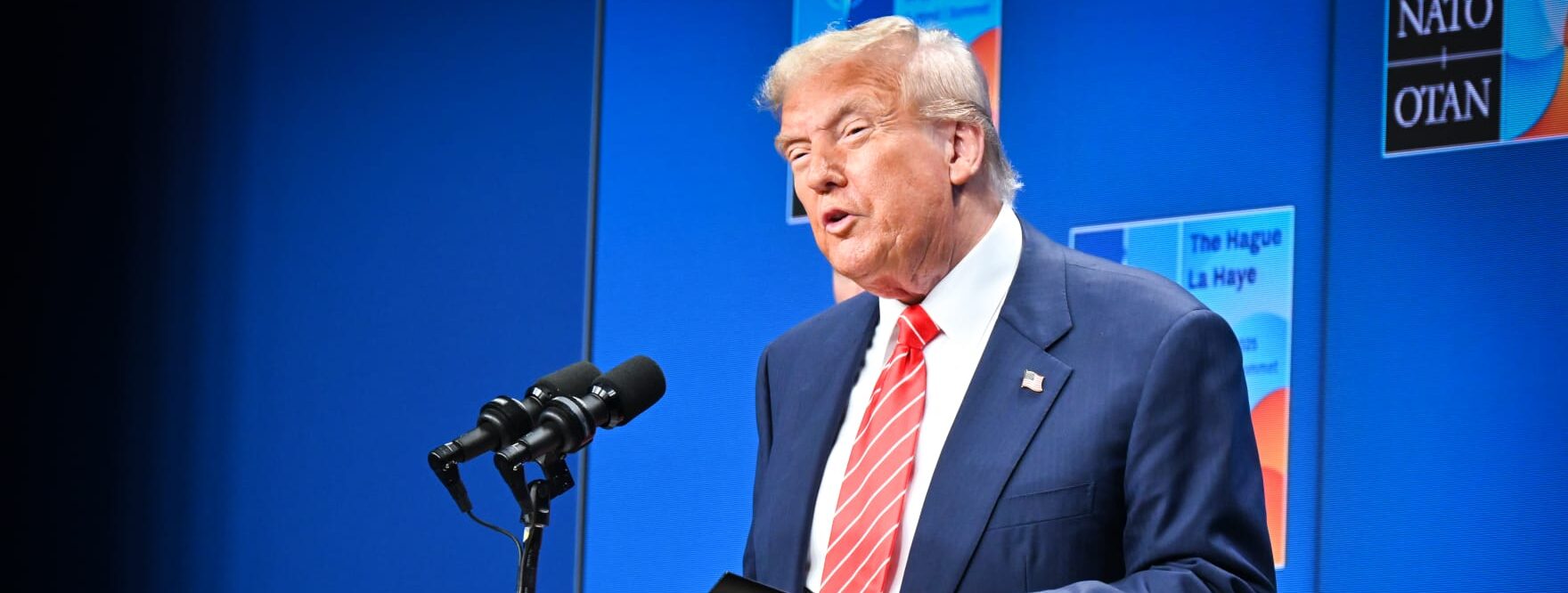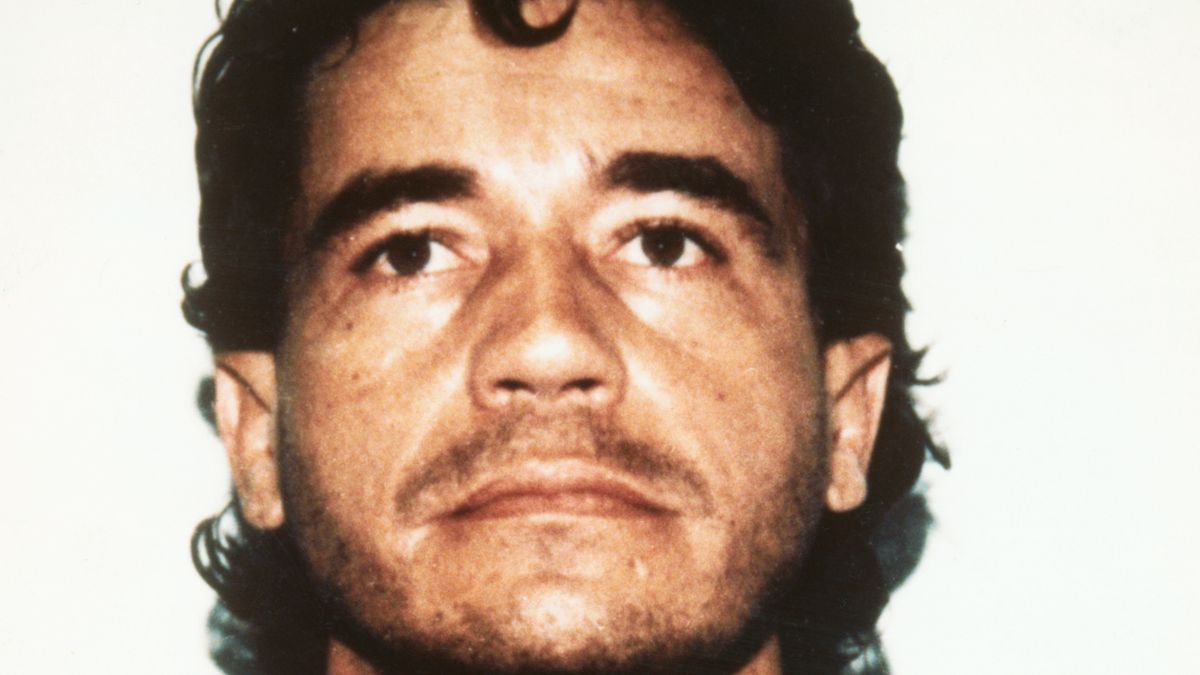Yesterday in Venezuela, following an investigation into "illegal exchange rates," 86 people were arrested, 112 arrest warrants were issued, 596 raids were conducted and 1133 bank accounts were frozen. Maduro calls it the outcome of one of the largest criminal investigations in history. But really, it is nothing more than a distraction from the real problem.
No exchange offices
Unlike many other countries, there are no official exchange offices for foreign currency in Venezuela. Exchange can only be done at the government, but they no longer have any money. Exchanging foreign currency such as Dollars is therefore prohibited. However, the black market trade is gróót, and the price has skyrocketed. In 2014, it was 80 bolivars per dollar. Today more than 550,000 bolivars.
The food trade
 In contrast, the government kept the rate of the Dollar artificially low for decades. 1 Dollar was 10 bolivars, but only obtainable by companies that were friends of the government. Since 85% of products are imported into Venezuela -and there was almost no production in its own country- the government managed to keep power over the food trade this way. In recent years, the government did move away somewhat from the one-course policy. Now they operate several. All still far from the black market rate.
In contrast, the government kept the rate of the Dollar artificially low for decades. 1 Dollar was 10 bolivars, but only obtainable by companies that were friends of the government. Since 85% of products are imported into Venezuela -and there was almost no production in its own country- the government managed to keep power over the food trade this way. In recent years, the government did move away somewhat from the one-course policy. Now they operate several. All still far from the black market rate.
Don't unhook yet. If you want to understand how one of the richest countries in the world can be poor, let's go through this. Foreign reserves, 9.8 billion left. To paint a picture. The budget of the Netherlands (2018) is 277 billion. Back to Venezuela. 95% of Venezuela's income comes from oil exports. The country's oil production has halved in recent years (refinery failures, etc). The price of oil has seen better times, but is still higher than when Chavez came to power.
The debts
come from the country comes from oil. Production has been cut in half. Now a word about the debts. To keep paying for everything, the regime has borrowed a lot of money (from China). Their weapons they buy with loans (from Russia). Those loans they pay back with oil. In total, more than 2/3 of oil exports go to paying back loans.
So oil production goes down, what does come out of the refineries goes into debt and the import-dependent country runs out of foreign currency. Airlines can no longer be paid and stop flying into the country. Food can no longer be imported; a scarcity occurs. Medicines can no longer be imported; people die.
The food shortages
Food shortages combined with government-regulated prices on some products stopped the last bit of food production in the country. Queues grew in front of state supermarkets. A black market for food emerged with rapidly rising prices.
People still need to eat, medicines are desperately needed. The government says there is no humanitarian crisis in the country, so international aid is not allowed either. People have to get their food and medicine from neighboring countries. No one accepts their currency, the Bolivar. The government has no Dollars, a black market in Dollars is developing.
Wage of 2 Dollars per month
 Meanwhile, the minimum wage is falling rapidly. With today's average black market rate less than $2 a month. People are selling their possessions, getting into crime or whoring themselves out. Corruption was on the rise. Hundreds of thousands of people fled the country in recent months.
Meanwhile, the minimum wage is falling rapidly. With today's average black market rate less than $2 a month. People are selling their possessions, getting into crime or whoring themselves out. Corruption was on the rise. Hundreds of thousands of people fled the country in recent months.
Back to where I started. The government is calling yesterday's arrests an outcome of one of the largest criminal investigations in Venezuela's history. And as Bart Schut also points out, the country has bigger problems. And this example is just the tip of the iceberg. Meanwhile, Brazil is considering closing its border, it is harder to flee to Colombia, Chile is making stricter visa requirements, and we are sending Venezuelan refugees back.
Distraction
Maduro will continue to do everything but distract from the real problems (including corruption). Meanwhile, hundreds of thousands will die from shortages of medicine, food and from rising crime.
We will not see much of this. Many journalists are stuck, have fled the country, and communication to the outside world will become increasingly difficult. People will give up hope for international help. That's about it for today. Had to get out. Thank you for your time. Don't forget this country, you are hereby warned.




